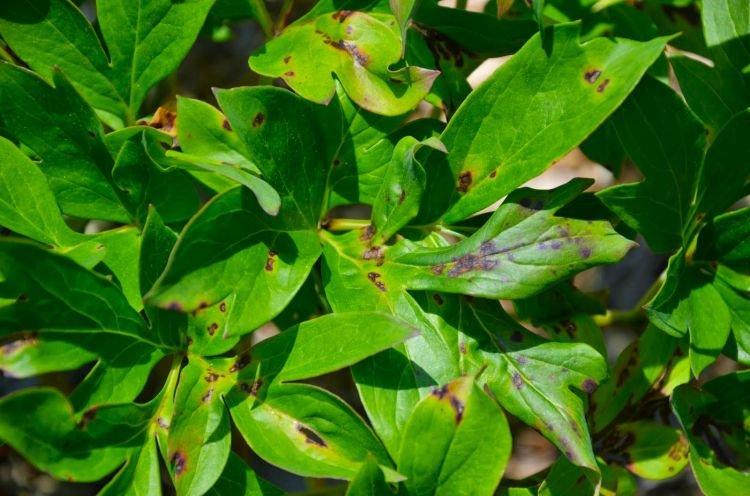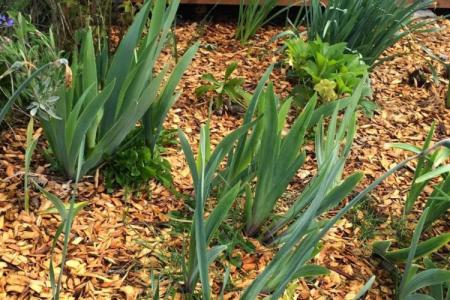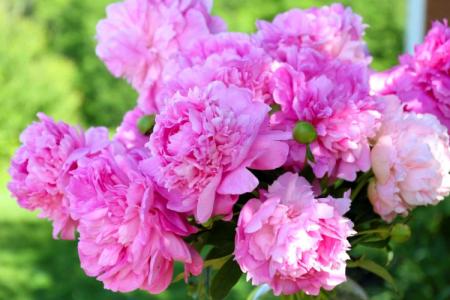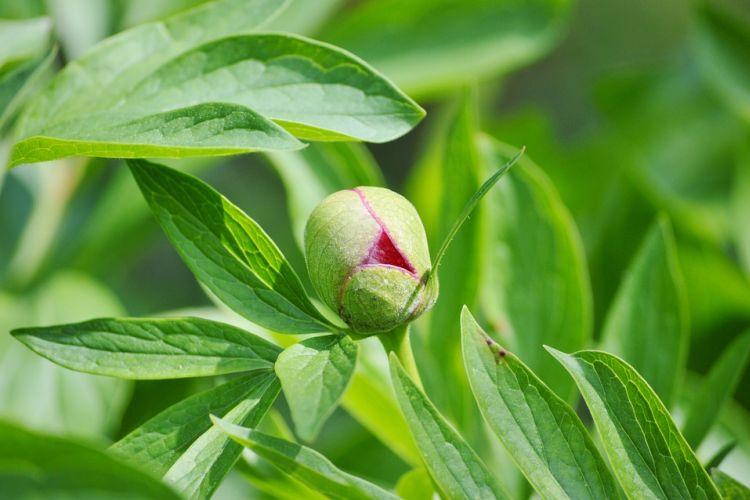
They adore the beauty of peonies, devote poems to it and paint pictures. It is enough to see a luxurious lush bush once to immediately want one for yourself. But what if the peonies are not blooming? We have already analyzed the main reasons why this is happening, and learned how to deal with them!
1. Landing place
Like many other abundantly flowering plants, peonies do not like solid shade. If the situation cannot be corrected, you will have to think about transplanting to a sunny but ventilated hill.
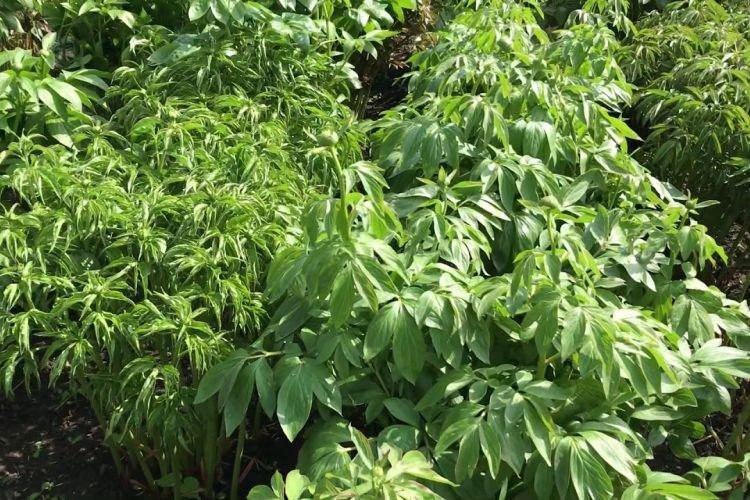
2. Planting depth
Peonies absolutely cannot be dug deep into the ground, because they do not tolerate depressions at a level lower than 5 cm from the root bud. In this case, in order for the bush to bloom, you will have to wait a couple of years until it gets closer to the surface.
If you plant a seedling too shallow, it will freeze in winter. Such peonies must be mulched and insulated to the cold. And it is best to carefully make a tunnel, expand the hole inward and carefully lower the flower a little lower, without completely removing it.
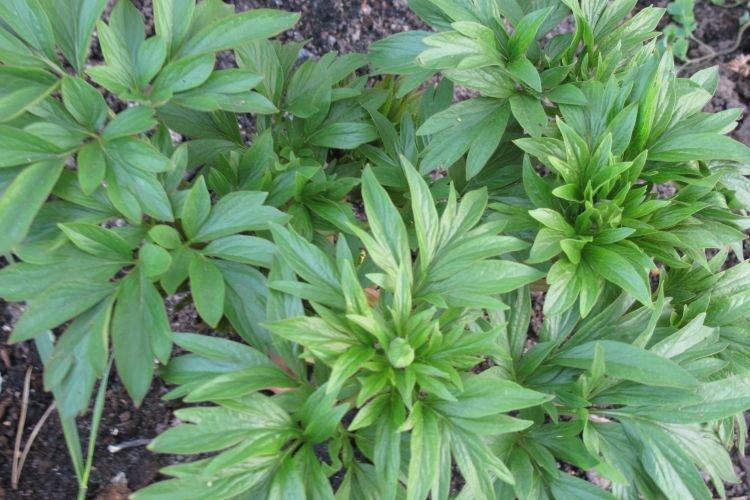
3. Lack of food
Peonies will not bloom if they lack moisture and useful ingredients. This happens especially often if they are adjacent to trees or other large shrubs with powerful roots. Adjust the watering regime and add more top dressing.

4. Oversupply of fertilizers
Oddly enough, peonies experience a shortage of fertilizing better than an overabundance. If there is a lot of nitrogen in the soil, the bush will grow leaves abundantly, but will not bloom. Follow the feeding schedule, choose special mineral fertilizers and stick to the dosages.
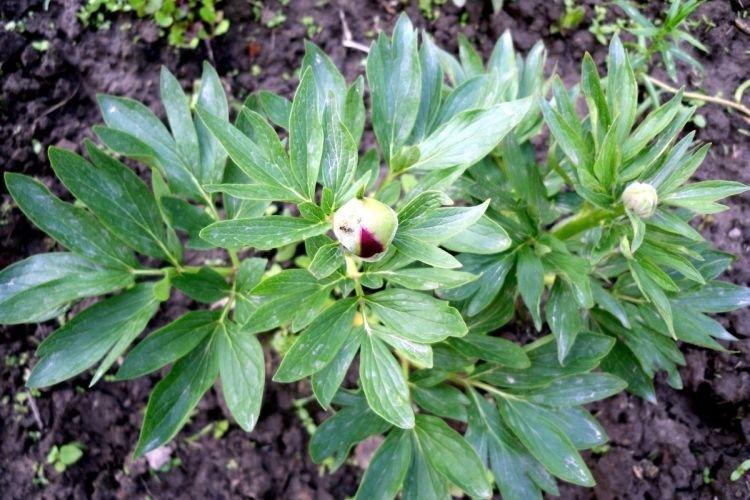
5. Improper watering
Due to stagnation or lack of moisture, peonies cannot bloom normally. Watering should be abundant but balanced, especially in the spring during bud formation. Instead of watering the bush itself, water the soil at a distance of about 30 cm, because this is where the suction roots diverge.

6. Cutting buds
If the buds are formed very abundantly, it is recommended to thin them out. So much more useful components will go to the remaining flowers, and they will be more magnificent. The procedure is optional, but it is indispensable if you need large top flowers.
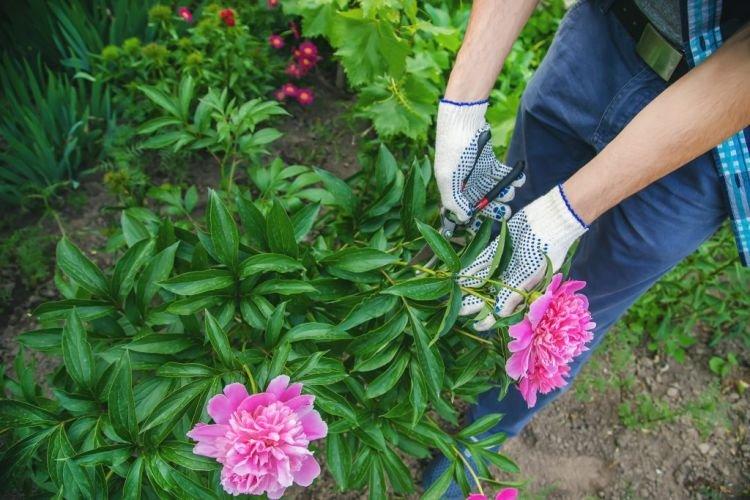
7. Age
Too old peonies, which are more than eight years old, cannot bloom luxuriantly by their nature. In this case, it's time to carry out preventive rejuvenation. Seed the bush in divisions of several buds - they root quite quickly and well in a new place.
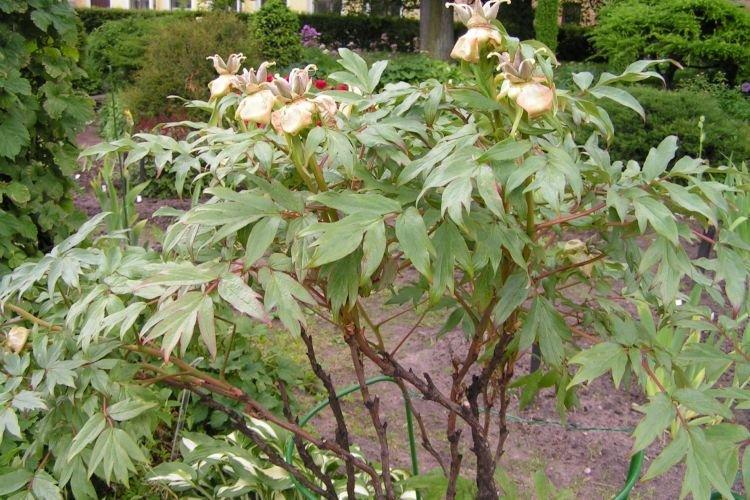
8. Frequent transplant
Plants should not be repotted every year because they need to get stronger. For about five years, the average peony has been building up its bulk, so there is no need to disturb it. If this has already happened, then you will have to wait out several seasons until the bush recovers.
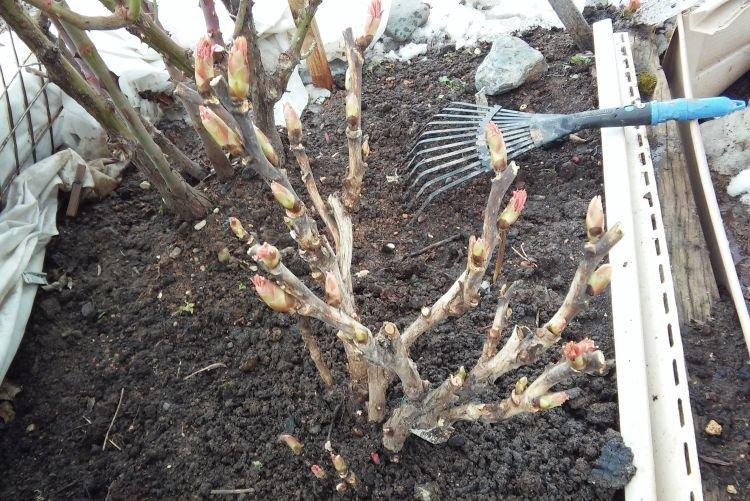
9. Pests
Pests seriously spoil the immune system of peonies and inhibit all internal processes. Nematodes, aphids, bronzes - an incomplete list of reasons why peonies may not bloom. Some parasites even lay the larvae right in the buds. Therefore, never ignore seasonal handling and inspect the plantings periodically.
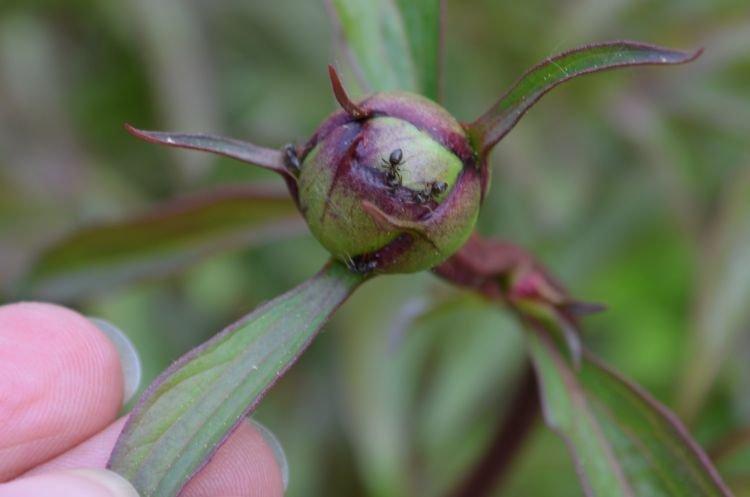
10. Diseases
Fungal diseases affect not only the leaves, but also the buds of peonies. The most common of these are powdery mildew, verticillosis, and Lemoine's disease. Be sure to apply seasonal sprays to prevent the problem, and immediately use fungicides at the first symptoms.
